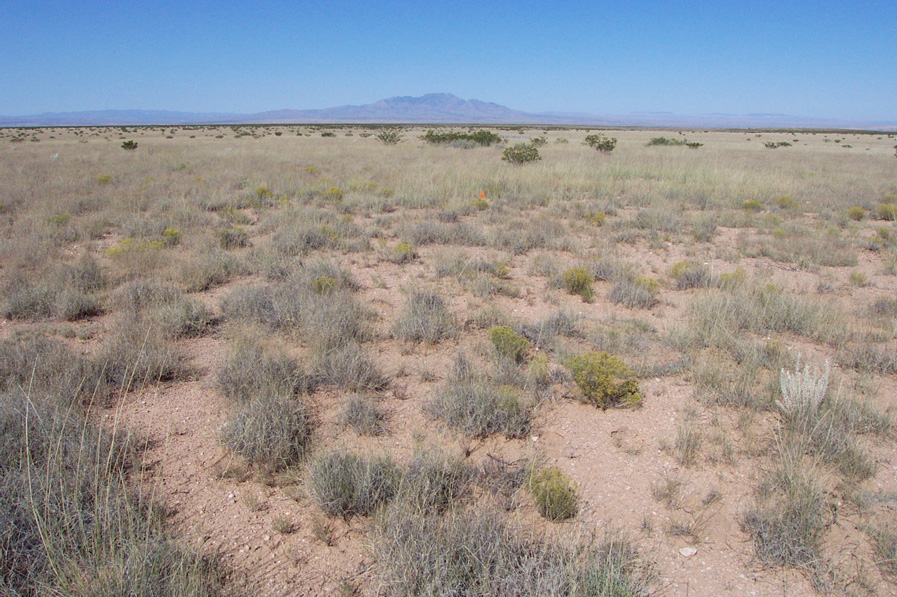Atmosphere-soil Interactions govern ecosystem flux sensitivity to environmental Conditions in semiarid woody ecosystems over varying timescales
Water and CO2 flux responses (e.g., evapotranspiration [ET] and net ecosystem exchange [NEE]) to environmental conditions can provide insights into how climate change will affect the terrestrial water and carbon budgets, especially in sensitive semiarid ecosystems. Here, we evaluated sensitivity of daily ET and NEE to current and antecedent (past) […]
